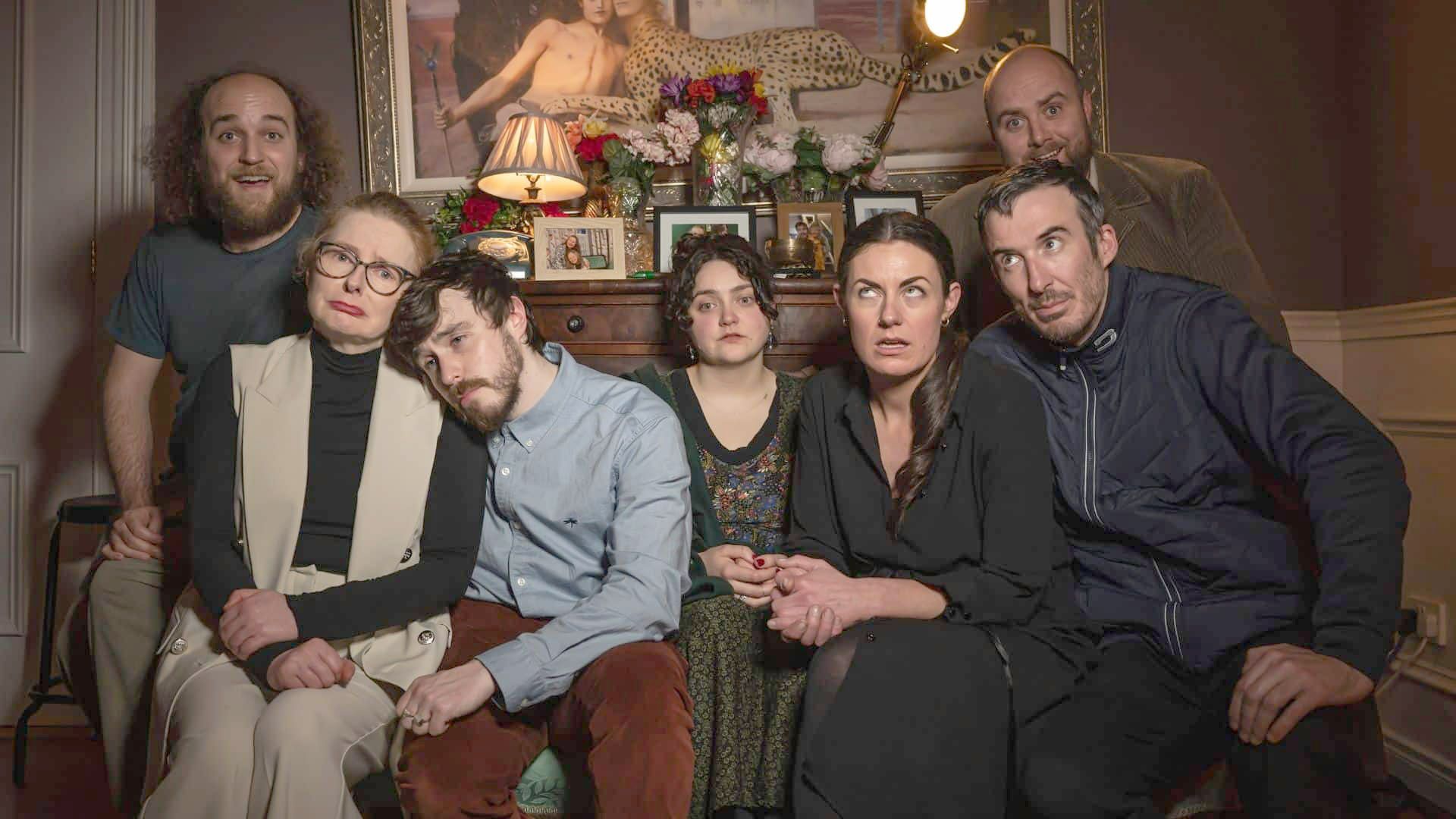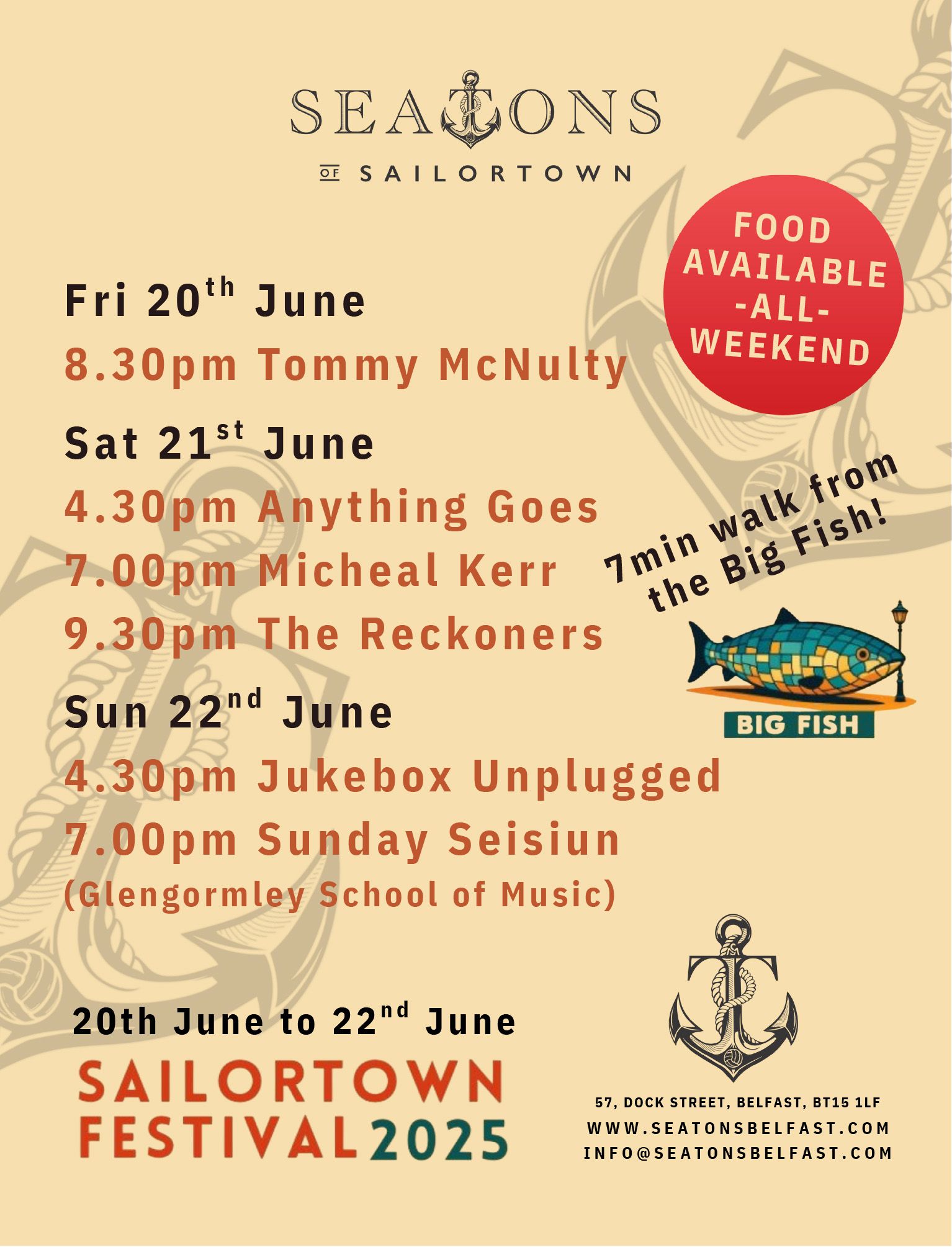WE read with interest your recently published column, entitled ‘Is it time for us to welcome a new age of STEAM?’, and were pleased at the interest shown by Belfast Media Group and its titles in the work of our festival.
Now in our 11th year, NI Science Festival has grown to become the largest celebration of its kind on the island of Ireland and in its relatively short lifespan one of the leading science festivals in Europe.
We strive to bring the very best of science communication to Northern Ireland and exist at the intersection of science and art, offering a stimulating and wide range of events focusing on the wonders of STEAM (Science, Technology, Engineering, the Arts and Mathematics).
Almost a year ago, we hosted the global premiere of Granny Jackson’s Dead, an immersive theatrical experience and research project produced by local company Big Telly that centred around the tradition of the Irish wake. In partnership with researchers from Manchester Metropolitan University, the show cleverly incorporated augmented reality, virtual reality, and AI – alongside the more traditional tea, song and storytelling – to explore the role of technology in memory and mourning.
The production would go on to be named one of the top 50 shows of 2024 by The Stage, the UK’s leading authority on the performing arts.
Proudly, this year we will once again premiere a new Big Telly production, The Worst Office in the World, an immersive and interactive game-theatre show that explores themes of AI and robotics.
By putting the ‘A’ in STEM and embracing the value of the arts in science communication we break down barriers to access and open up a world of possibilities for audiences of all ages, abilities, and backgrounds.
We do this through our core programming, which this year includes classically trained pianist Charlie Hooper-Williams, storytelling and illustration workshops with local author and illustrator Paddy Donnelly, creative writing with conservationist Ruby Free, a fine art exhibition by renowned wildlife artist Julian Friers, a new documentary film about Enniskillen-born surgeon Dr Denis Burkitt, as told by local filmmaker Éanna Mac Cana, and much more across both our public programme as well as our dedicated schools and educators programme, which engages thousands of young learners every year to ensure the next generation is equipped with the skills of tomorrow.
These events and many others also play an important role in the local arts economy as we actively seek out and partner with arts venues across Northern Ireland every year, from Newcastle Community Cinema and The Alley Theatre, Strabane to Roe Valley Arts & Cultural Centre in Limavady, the festival’s own headquarters in Belfast’s Crescent Arts Centre, and more.
We also amplify the arts through partnerships and creative collaboration that have enriched our public realm. Two years ago, at Carlisle Memorial Church, Dreamachine, in partnership with Collective Act, blended art, science, and our remarkable built heritage.
In North Down, Belfast, Liverpool, Cambridge, and Derry-Londonderry, Our Place in Space, an epic 11km sculptural trail of our solar system, designed by artist Oliver Jeffers, astrophysicist Professor Stephen Smartt and a creative team led by Nerve Centre, invited participants to consider the future of our planet.
And in Belfast’s Botanic Gardens, BODY, an immersive night-time installation inspired by anatomical science and delivered in partnership with Walk the Plank, mixed human biology with special effects to form an immense, open-air exploration of the human body.
In recent months, as part of Belfast 2024, we delivered the Our Stories Festival which delved into themes of our people, place and planet through a programme of events hosted by artists, thinkers, designers, musicians, activists and storytellers, among them Mercury Prize-, Ivor Novello-, and Emmy-nominated composer Hannah Peel.
We hosted an album launch for instrumental rock band And So I Watch You From Afar. Jettison was recorded live at The MAC and broadcast over the airwaves to thousands of listeners.
All that is to say, since its inception NI Science Festival has observed the STEM fields through an artistic lens, taking a holistic approach to learning that artfully balances technical and creative skills.





